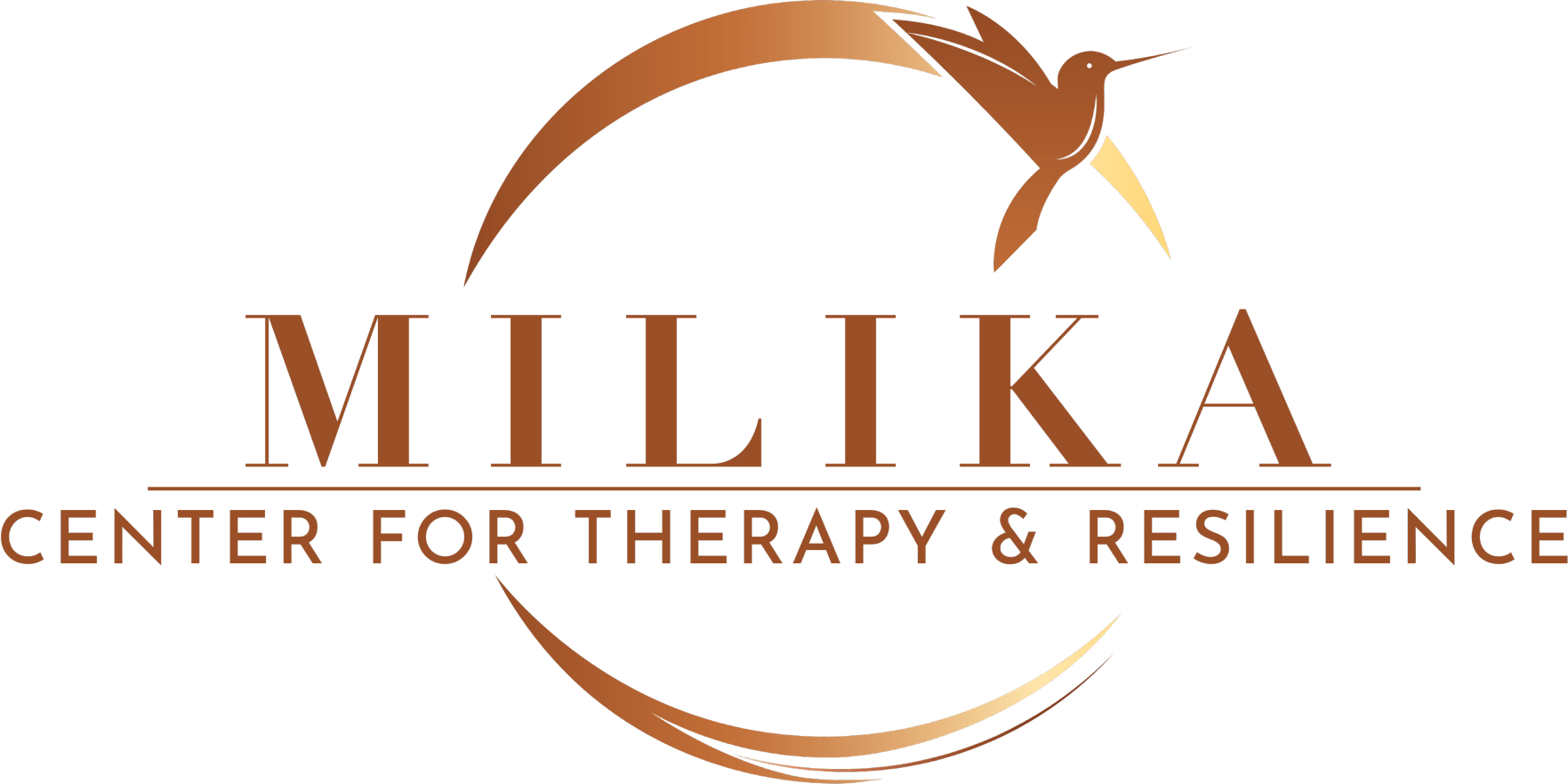As we celebrate the benefits of breastfeeding, it’s equally important to address an often overlooked but deeply impactful part of the journey: the mother’s mental health. The relationship between breastfeeding and mental health is complex, and understanding it can make a significant difference in your experience as a new mom.
Breastfeeding and Mental Health: Understanding the Connection

It is well understood that breastfeeding is a remarkable journey that offers numerous benefits for both mothers and babies. It provides optimal nutrition, boosts the baby’s immune system, and fosters a deep emotional bond between mother and child. The significance of breastfeeding extends beyond its physical advantages. The act of breastfeeding releases oxytocin, often referred to as the “love hormone,” which promotes feelings of calmness, relaxation, and connection. Research has also shown that breastfeeding may lower risk of breast and ovarian cancer, lead to greater postpartum weight loss and decreased blood pressure compared with no breastfeeding.
While breastfeeding is widely recognized for its benefits to both mother and baby, the emotional and psychological toll that it can take on a mother is incredibly important to consider as well. The pressure to breastfeed can sometimes overshadow a mother’s emotional needs, leading to stress, postpartum anxiety, depression, and burnout. The sleepless nights, the latching issues, low breast milk supply, the constant worrying can take a toll on the mental health of new moms. Research highlights the multifaceted impact of breastfeeding on mental health, with both positive and challenging aspects.
Moreover, the societal pressure to breastfeed can exacerbate feelings of guilt, shame, and inadequacy in mothers who face challenges or are unable to breastfeed. This pressure can further contribute to postpartum anxiety and depression, making it even more crucial to prioritize a mother’s emotional well-being alongside her physical health. By recognizing the complex interplay between breastfeeding and mental health, we can work towards creating a more supportive and inclusive environment for new mothers, one that acknowledges both the benefits and challenges of breastfeeding.
Twelve Tips to Promote Emotional Well-being During Your Breastfeeding Journey:
It is crucial to prioritize a mother’s emotional well-being during this journey, ensuring she receives the support, care, and compassion she deserves. By doing so, we can empower mothers to thrive, both physically and emotionally, and create a positive, nurturing environment for their babies to grow and flourish.
1. Stay Hydrated and Nourished for Optimal Breast Milk Production
Drink plenty of water and eat a balanced diet that includes essential nutrients to support breast milk supply and overall health. Avoid skipping meals, and if time feels limited, try drinking water or eating a healthy snack while breastfeeding your baby.
2. Seek Breastfeeding Support from Lactation Consultants and Mental Health Professionals
Don’t hesitate to reach out for help if you’re feeling overwhelmed. Breastfeeding support from lactation consultants, mental health professionals, or breastfeeding support groups can provide practical advice and emotional reassurance. Research highlights that social support is crucial for managing stress, improving breastfeeding outcomes, and overall postpartum maternal mental health.
3. Manage Breastfeeding Pain
Managing pain and discomfort is crucial for fostering a positive breastfeeding experience and enhancing maternal mental health. To find relief, try basic strategies like adjusting the baby’s latch, applying warm compresses, or expressing milk. For cracked nipples, apply breast balm or nipple cream and consider a nipple shield if needed. If pain persists, consult a certified lactation consultant or healthcare provider for personalized breastfeeding support and guidance.
4. Set Realistic Breastfeeding Goals and Prioritize Flexibility
Be gentle with yourself and set realistic breastfeeding goals. It’s okay to seek a balance that works best for you and your baby, whether that means exclusive breastfeeding, combination feeding, or any other approach. Studies emphasize that flexibility in breastfeeding goals can reduce pressure and improve maternal mental health in new moms.
5. Take Breaks and Rest to Avoid Burnout and Emotional Exhaustion
Allow yourself time to rest and recharge, even if it’s just a few minutes each day, to avoid burnout and emotional exhaustion. Try taking a nap with your baby or asking a partner to watch them while you rest.
6. Prioritize Postpartum Self-Care for Moms

Make time for yourself amidst the demands of breastfeeding. Take time for activities that nourish your mind, body, and soul, such as reading, taking a relaxing bath, or practicing yoga. Try doing some gentle stretches or meditation while keeping your baby nearby. The research points out that self-care practices can mitigate stress and improve mental wellness for new mothers.
7. Spend Time in Nature to Reduce Stress and Improve Mood
Connect with the natural world by taking walks, spending time in parks or gardens, or simply gazing out the window to reduce stress and improve mood. Try taking a walk with your baby or having a simple picnic together.
8. Join a Breastfeeding Support Group
Connect with other breastfeeding moms who understand the challenges and triumphs of breastfeeding, and can offer emotional support and guidance. You’ll find that you’re not alone in your breastfeeding journey.
9. Try Breastfeeding Classes for Personalized Breastfeeding Support
Consider joining a breastfeeding class to gain a thorough understanding of breastfeeding basics, benefits, and techniques, setting you up for a successful nursing experience. Practicing breastfeeding techniques in a supportive environment can empower you to feel more confident and prepared for motherhood, reducing anxiety and boosting your confidence in your ability to nurse your baby.
 10. Regular Check-ins
10. Regular Check-ins
Periodically evaluate your choices and their impact on your family. Are they still meeting your needs? Are there new factors to consider? Being proactive can help you adjust effectively.
11. Practice Stress Management Techniques for Improved Mental Health
Incorporate stress-reducing activities into your daily routine. Techniques such as mindfulness, relaxation exercises, or even talking with a therapist can help manage the stress that may come with breastfeeding challenges. Research supports that mindfulness and stress management strategies are effective in reducing postpartum stress and enhancing mental health.
12. Practice Self-Compassion and Challenge Negative Self-Talk
Treat yourself with kindness, understanding, and patience, just as you would a close friend. Be gentle with yourself, and avoid self-criticism. Challenge your inner critic by reframing unhelpful thoughts into more realistic and supportive ones. Remember, breastfeeding is a learning process, and it’s okay to make mistakes.
Example:
- Unhelpful thought: “I’m a failure for not being able to breastfeed exclusively.”
- Reframed thought: “My body is doing its best to provide for my baby, and I’m supplementing with formula to ensure the baby is getting everything she needs. I’m a good mom, and I’m making the best decisions for my baby’s health and well-being.”
By practicing self-compassion, you can reduce stress, anxiety, and feelings of guilt or shame, and cultivate a more positive and supportive mindset during your breastfeeding journey.
The Takeaway: Embrace Your Breastfeeding Journey through Self-Care, Support, and Empowerment
Breastfeeding can be a beautiful experience, but it’s not always effortless. If you’re facing common breastfeeding challenges like latching issues, nipple soreness, or low milk supply, know that you’re part of a community that’s 1 in 5 mothers strong. Don’t let breastfeeding difficulties define your worth as a mother – your connection with your baby can blossom through diverse, meaningful interactions, from skin-to-skin contact to bottle feeding.
Prioritize self-care and surround yourself with breastfeeding support from your partner, friends, family, or a lactation consultant. If feelings of guilt or shame arise, acknowledge these emotions and reach out for help from your healthcare provider, doctor, or a therapist. They can offer expert guidance, reassurance, and a fresh perspective on breastfeeding and motherhood. Celebrate your distinctive breastfeeding journey and remember that breastfeeding resources and support are always within reach. 
Maternal Mental Health / Postpartum Mental Health Support for New Mothers in Encino, CA.
Remember, it takes a village to raise a child—and it also takes a village to support a mother. At Milika Center for Therapy and Resilience, we’re here to celebrate your triumphs and help you navigate your challenges. Contact us today for a free 20-minute consultation and let us be a part of your village as you embrace the transformative adventure of motherhood.

